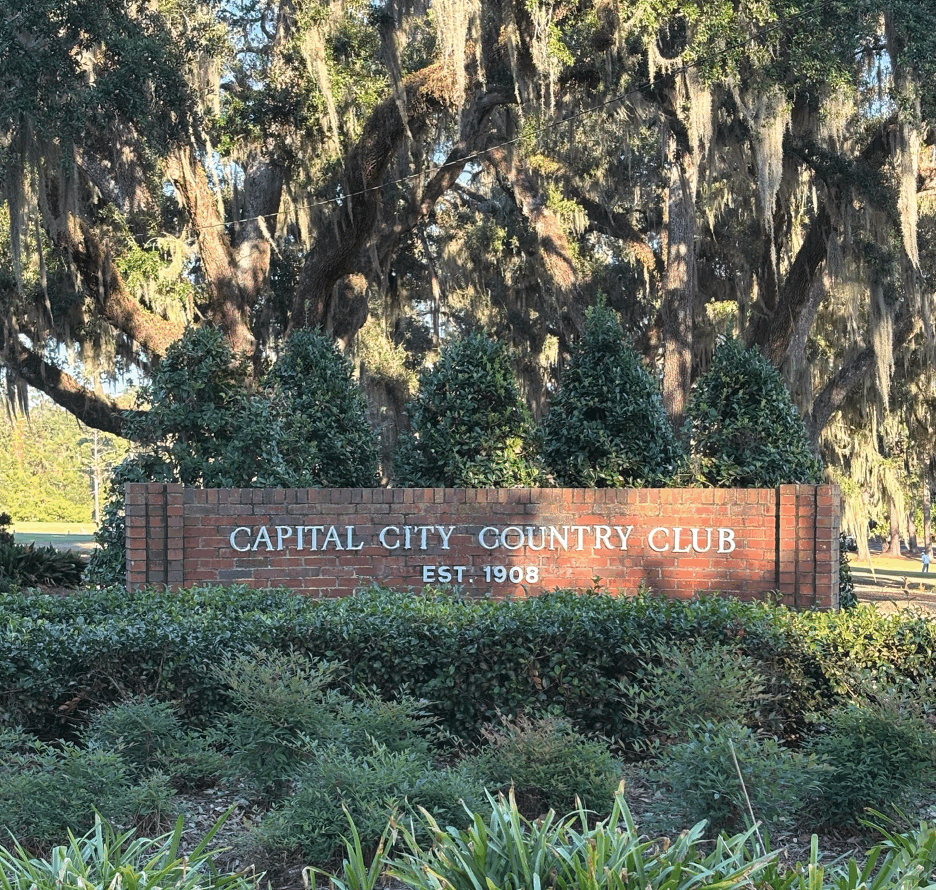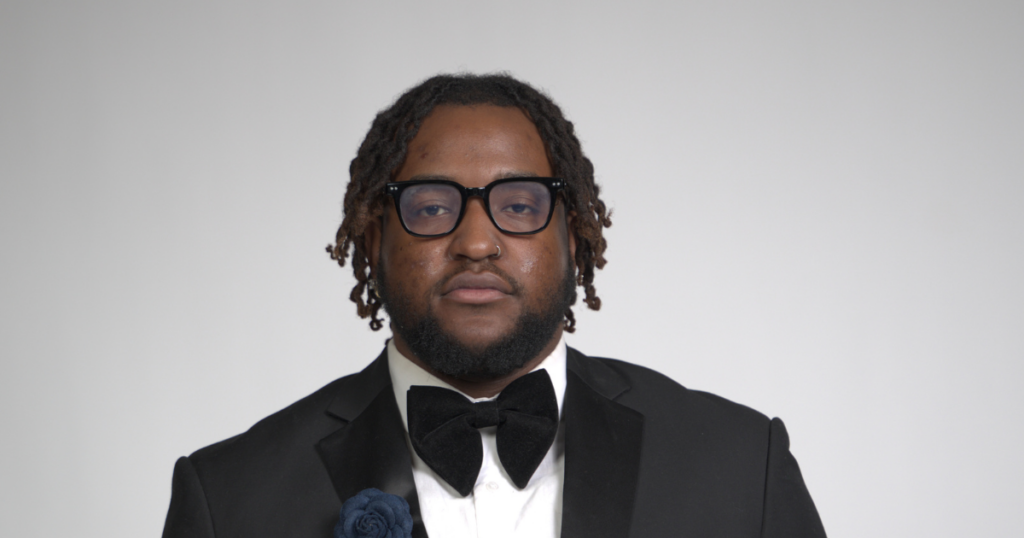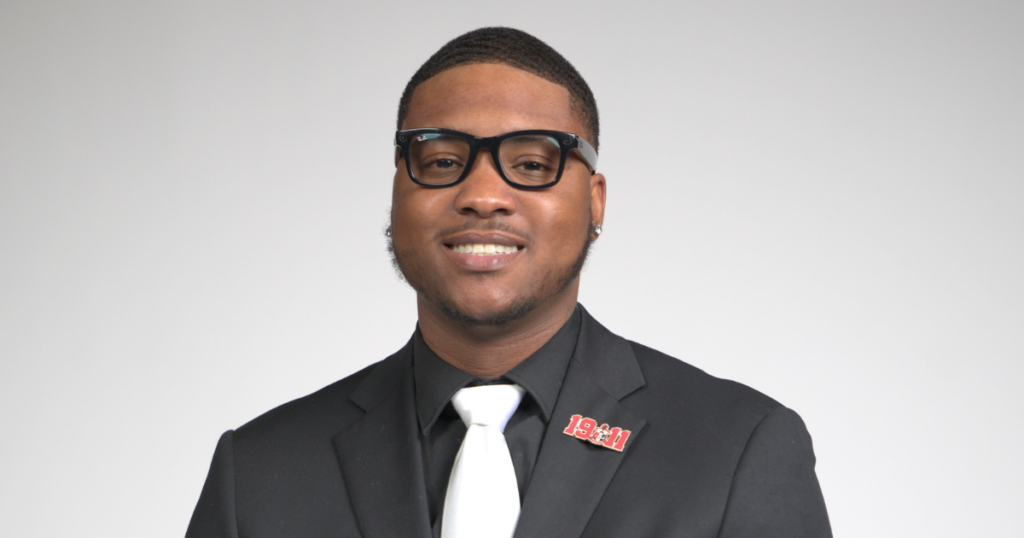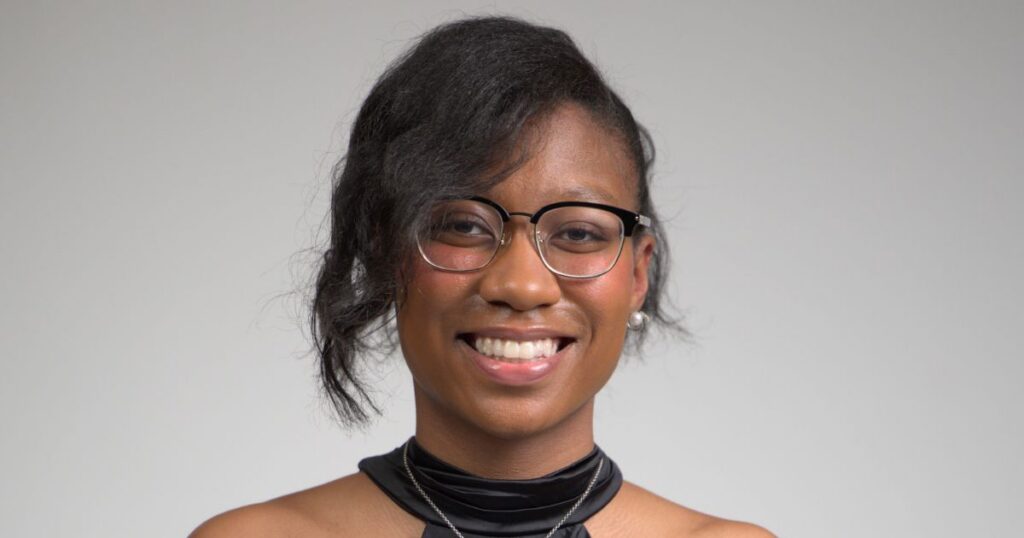Photo Courtesy of Louis Brown
City and Community Debate
Discussion over the Capital City Country Club’s future has renewed debate among city leaders and residents, as questions continue about how to recognize the burial sites of enslaved people, believed to rest beneath sections of the public golf course.
City officials are weighing whether to sell, lease, or repurpose the city-owned land of the golf course, prompting calls from residents to preserve the land as a memorial rather than see it redeveloped.
Plans for the Memorial and Club’s Role
City Commissioner Dianne Williams-Cox stated that existing plans to honor the burial grounds have been in place for years; however, community concerns prompted the city to slow down its process.
“Those plans were put in place prior to 2022. They got stalled, then the storms came in 2023, and we did not get back to it.” Williams-Cox said. “The sale of the country club land was not going to impact that; that was going to happen, but we wanted to make sure, because the community wanted to make sure, that we put it into the agreement with the country club.”
Williams-Cox noted that the memorial would be physically separated from the golf course’s playing area, allowing public access while preventing interference with the site.
Archaeologists first identified the burial ground back in 2019. The data revealed what is believed to be the unmarked graves of enslaved individuals who once lived and labored in that area. Since then, the site has become a focal point in the ongoing debate for city-owned land of the golf course.
Leaders of the Capital City Country Club, like club board chair Fred Baggett, say they have worked closely with the city to respect and safeguard the burial site while keeping golf operations running. Capital’s collaboration began soon after the discovery of the graves, explaining how the club has granted the city a permanent easement. This agreement allows visitors year-round access to the memorial area, regardless of the club’s operations.
“We have no financial or business interest in the site. We continue the golf operations, not in any way interfering with the site, and so I don’t think a concern should exist about us taking or having a business taking precedent.” Baggett said. “We’re simply a golf club, and playing golf on property that’s not part of the site.”
Community Perspective
The debate has also resonated with members of the Florida A&M University (FAMU) community, who have had longstanding ties to the golf course. Graphic design major and FAMU golfer Ethan Kelly, referred to the club as both a space for development and a familiar setting for student-athletes. Having spent much of his collegiate career at the course, Kelly spoke about what potential change to the site could mean, should the land of the golf course become unavailable for use.
“This was our actual home facility, so I think it’s a part of the legacy of FAMU, and I think it’s a part of the legacy of the school, and it’s a part of the legacy for me,” Ethan said. “It would definitely hit me in a very different way because I won’t be able to come out here and be nostalgic and re-instill myself in the area.”
As the city determines how to move forward, the debate has grown into a reflection of Tallahassee’s broader effort to confront its past while planning for its future. While a final decision has yet to be made, Williams-Cox says the city remains committed to preserving historical sites throughout Tallahassee.
“We are very in tune with our history. I believe that we are well able and well covered in regard to protecting, educating, and preserving our history.”












